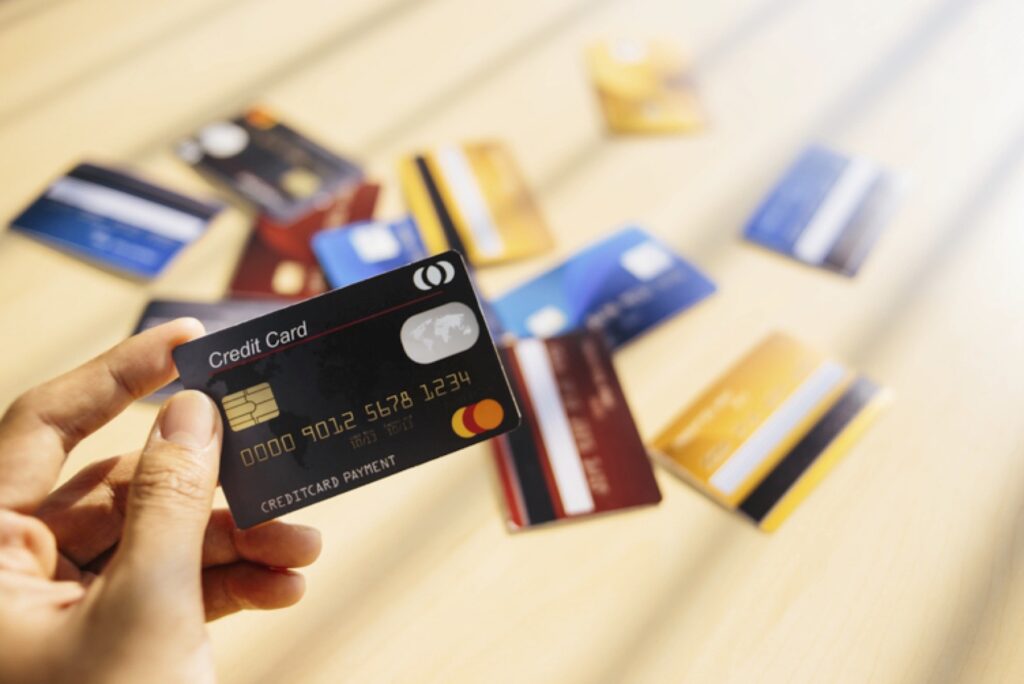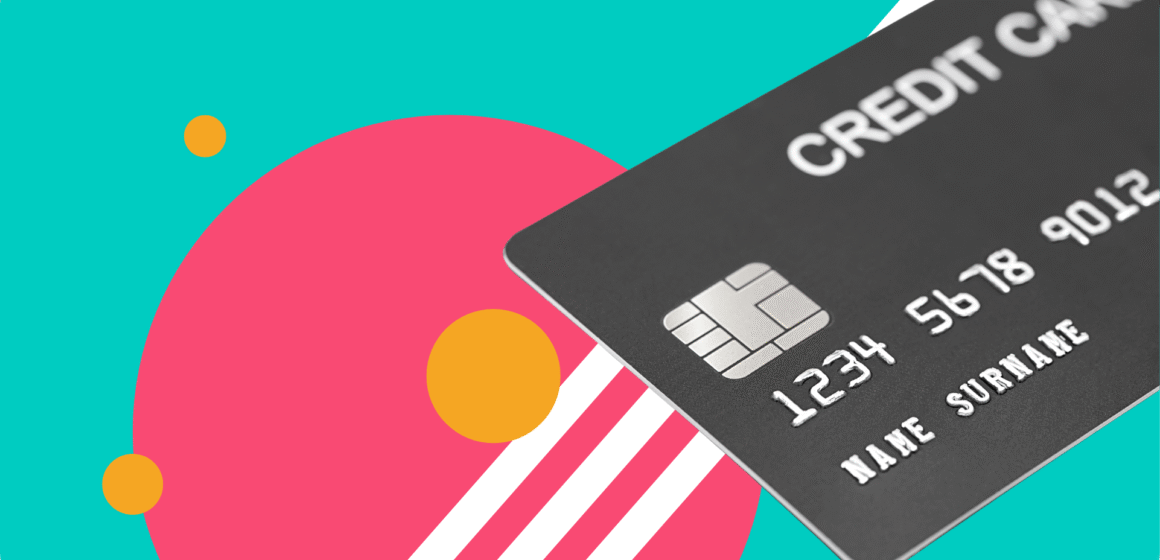Taking out a credit card can be a big decision, especially for young people who are new to handling money. Before you apply for a credit card, it’s important to understand what you’re getting into. A credit card can help you build your credit, make large purchases, or even earn rewards. However, it also comes with risks. Here’s a simple guide to help you understand what to consider before taking out a credit card.
What Do You Need the Credit Card For?
The first thing to think about is why you need a credit card. Understanding your purpose will help you pick the right one. If you have existing debt, a balance transfer card might be a good option. These cards let you move debt from one card to another and pay no interest for a while. If you’re planning to make a large purchase, like a new phone or furniture, a 0% purchase card can help. With this card, you can make the purchase and pay it off over time without paying extra interest during a special period.
If you don’t have a credit history or need to build a better credit score, a credit-building card can help. These cards usually have high interest rates but can help you build a good credit score if you use them carefully. Lastly, if you want to earn rewards, like cashback or points for purchases, you should look into a rewards card.
Key Features of Credit Cards
Before applying for a credit card, it’s important to know about some key features. These will affect how much you pay and how your card works. One important feature is the interest rate (APR). The APR is the cost of borrowing money on a credit card. If you don’t pay off your balance in full each month, the interest adds up quickly. Look for cards with low APRs, especially if you plan to carry a balance. Another feature to consider is the interest-free period.

Understand Charges
Credit cards come with various fees, and it’s important to understand these before applying. One common fee is the annual fee. Some cards charge a yearly fee for using them. Make sure the benefits of the card, like rewards or low interest, are worth the fee.
Another fee to watch out for is late payment fees. If you don’t make your payment on time, you might get a late fee. Plus, your credit score could go down, making it harder to get loans or credit in the future. Be sure to pay on time to avoid these fees. There are also other fees you should be aware of. For example, if you use your card abroad, you might pay extra fees. Or, if you go over your credit limit, you’ll be charged. Understanding these fees can help you avoid extra costs.
Choosing the Right Credit Card
There are many different types of credit cards. If you have no credit or a low credit score, a credit-building card can help you improve your score. These cards usually have higher interest rates, but they are a good way to start building credit. If you want to earn rewards like cashback, points, or air miles for your purchases, a reward card is a good option. These cards give you something back for the money you spend, but remember, you need to pay your balance in full every month to avoid paying interest.
How to Apply for a Credit Card
Applying for a credit card is simple, but you need to provide some basic information. You’ll need to give your name, address, income, and employment details. The provider will also check your credit score to see if you qualify. It’s a good idea to use credit eligibility checkers before applying. These online tools help you see which cards you are likely to be approved for. They run a soft check on your credit score, so it doesn’t affect your credit record. This can help you avoid applying for cards you’re less likely to get approved for.

Key Takeaways Before Applying
Before you apply for a credit card, here are a few important tips. First, use your credit card responsibly. Only apply for a card if you can use it responsibly. Always pay your bill on time and avoid spending too much. Second, compare different cards before applying. Use comparison websites to find the best card for you. Look for one with low fees, a low APR, and rewards that match your needs. Taking the time to choose the right card can save you money and help you build good credit.
Always make sure to pay your balance on time to avoid extra fees and interest. By following these tips, you’ll be ready to choose the best credit card for your needs.
Thank you for reading, click the link to read more of our Finance Articles
Inside Success presents to you our digital platform, created to inform, inspire and empower 16-35s. Through our articles, we aim to bring bold ideas, fresh voices and real conservations to life. From mental health advice, to career information, and fashion tips to social issue debates, Inside Success is proud to have created a platform that has something to cater to everyone.




Leave a Reply
You must be logged in to post a comment.